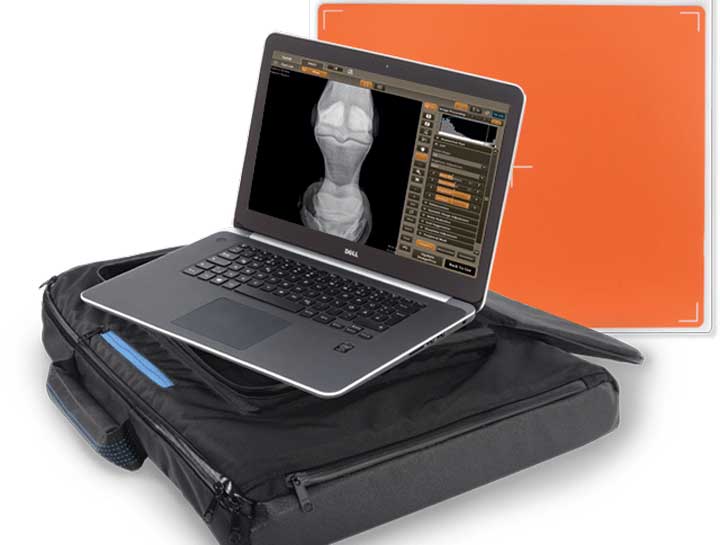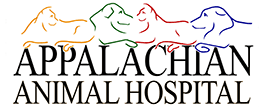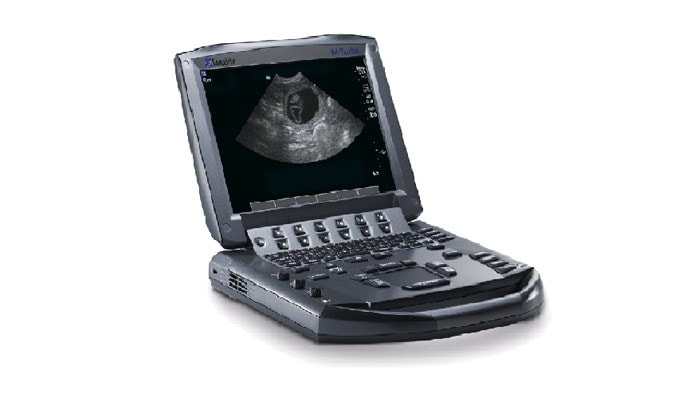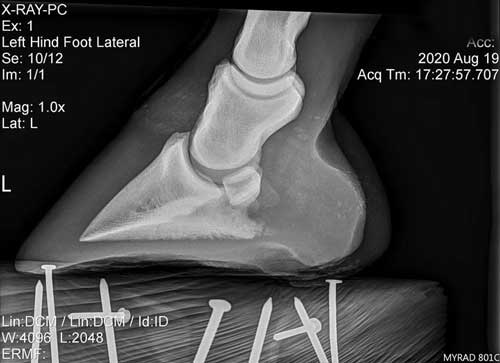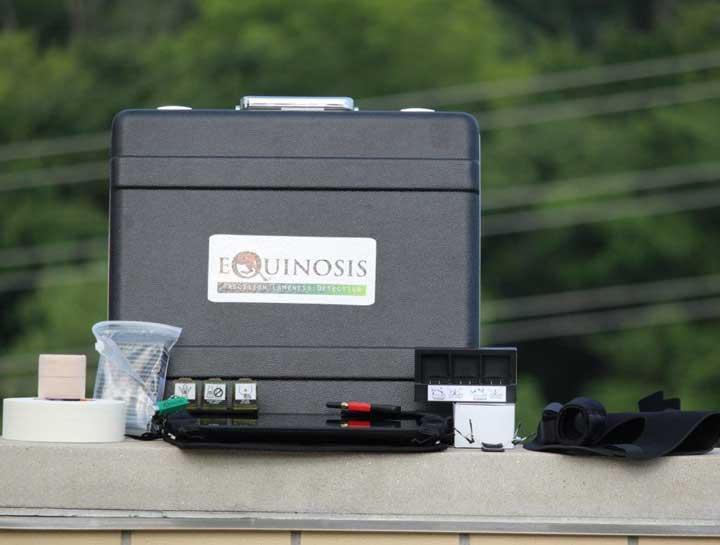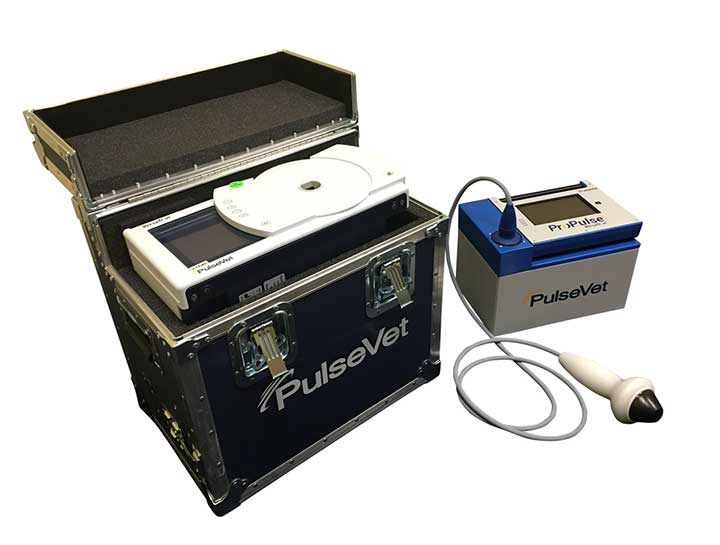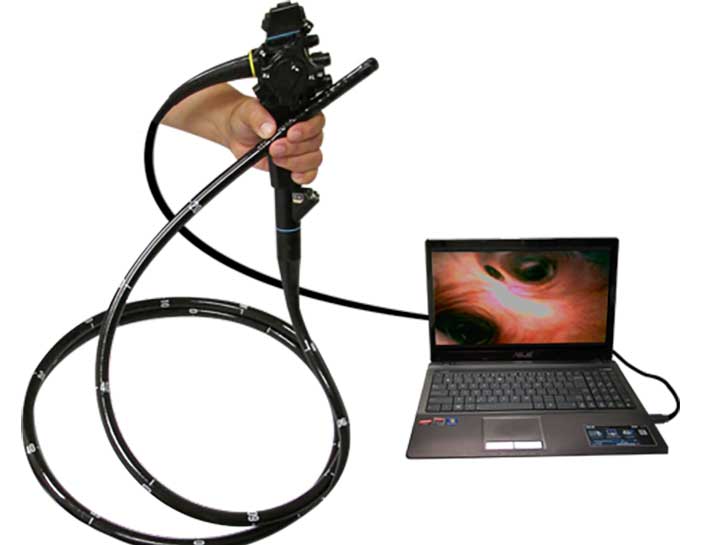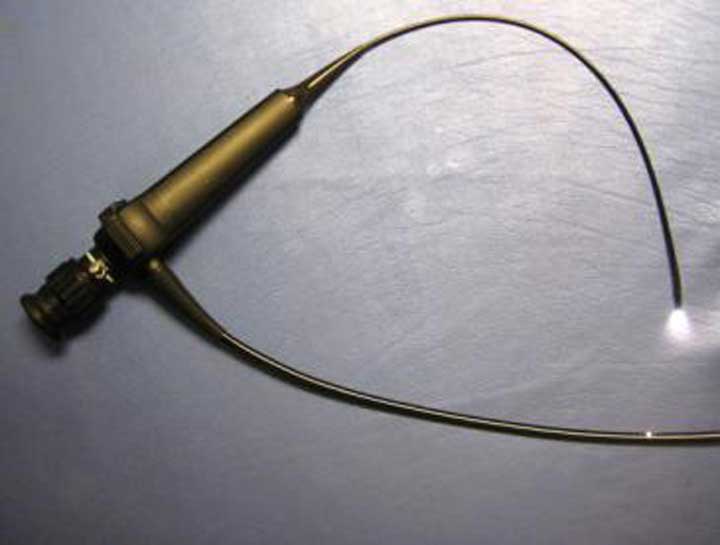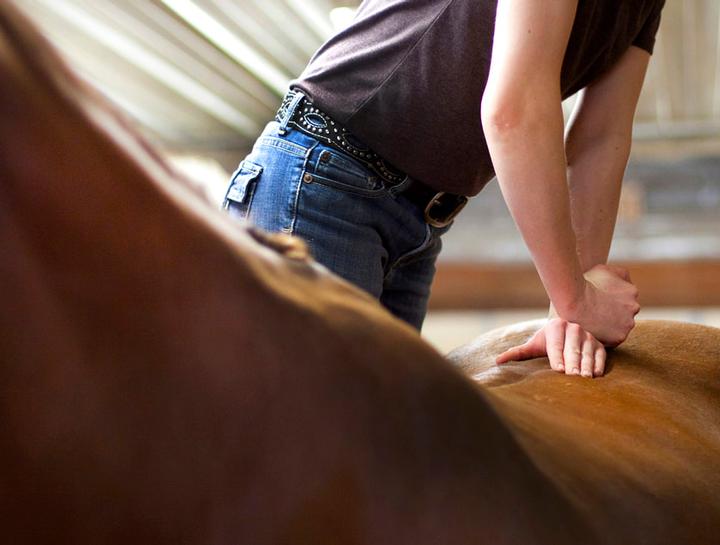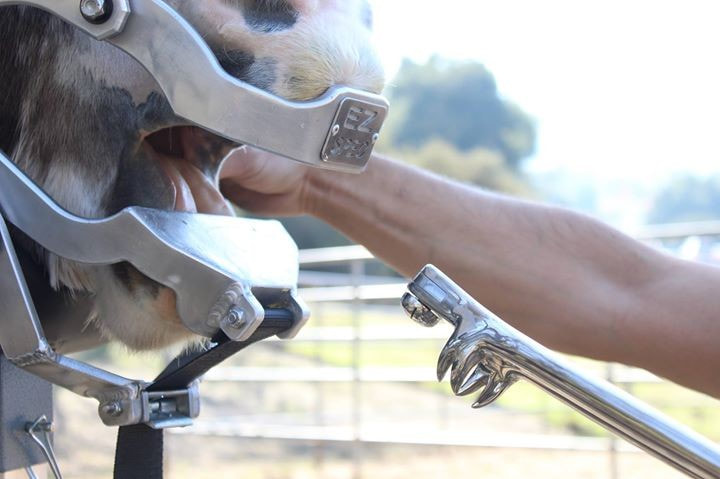Equine Services & Diagnostics
Evaluating and treating your horse
Ultrasound
As a diagnostic tool, ultrasounds have multiple uses, including reproductive exams, assessing tendons and ligaments in the legs, identifying masses such as tumors and abscesses, determining causes of colic, and looking at a patient’s chest for signs of fluid or pneumonia. Ultrasound exams normally require no sedation (depending, of course, on the location of the scan and the horse’s behavior).
Digital X-Ray
There are a multitude of reasons to get x-rays done on a horse. Whether your silly horse has poked herself with a foreign object or fractured a bone, has special feet that need corrective shoeing, or is getting older and beginning to show signs of arthritis or laminitis, scheduling radiographs can help you and the doctor create a comprehensive plan to get your horse feeling better. Sedation may be necessary in order to achieve clear and readable images, and multiple views are likely required for a thorough diagnosis. Appalachian Equine has two x-rays so that we can schedule more procedures in a wider variety of locations, and current technology (digital rather than film radiography) allows the doctor to view the images immediately.
Lameness Locator
Has your horse been feeling a little “off”, but otherwise looks sound? The Lameness Locator is a special type of technology that can pinpoint exactly where that “slightly off” feeling is coming from. This non-invasive technology uses sensors attached to the head, pelvis, and front right leg to determine where early or mild lameness is present (along with a lameness evaluation by the doctor).
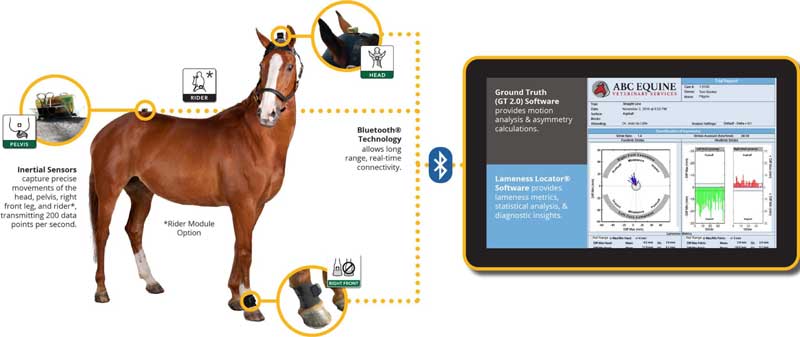
For further, more in-depth information, you can visit the Equinosis website.
Shockwave
Extracorporeal shock wave therapy (ESWT) has become a go-to treatment to decrease recovery time of muscular, soft-tissue, and bone injuries in horse and human athletes alike. Normally, this option does require three to five separate visits after the initial diagnosis and treatment of the injury. Not only has ESWT been proven to expedite the healing process, it has also shown pain-killing effects for up to a week after treatment, which assists in keeping your horse more comfortable during rest and recovery. For a more detailed article about the benefits of ESWT, please click here.
Gastroscope
Gastroscopes can be used to look at your horse’s esophagus and stomach to assess the presence of ulcers or other stomach issues. Withholding food is necessary for this procedure to be worthwhile, and sedation is also required, since the process involves inserting the scope through the horse’s nose, which can be uncomfortable.
Upper Respiratory Scope
Upper respiratory exams help to diagnose breathing and lung issues, and unlike the gastroscope, are normally done without sedation because of the decreased lung function that happens under partial anesthesia. This process normally requires a technician as well as a handler to hold the horse so that the doctor can properly perform the procedure.
Chiropractic Work
Would your horse benefit from a chiropractic adjustment? Some signs of skeletal pain include drastic behavioral changes, refusals or disobedience when being ridden, and sensitive reaction to touch. Our doctors at Appalachian Equine will do an initial chiropractic adjustment and work-up, and then we will schedule a follow-up adjustment to be sure your horse has returned to their normal rhythms.
Dental Floating
Regular dental floats are a very beneficial part of your horse’s health plan. Just as we should visit the dentist regularly, your horse’s teeth deserve just as much attention as the rest of the body. Equine dental work involves a speculum to hold the mouth open while the vet uses a drill to grind the “points” and “waves” that a horse’s natural eating activity can develop, and most often requires some sedation to keep the horse still and more cooperative.
Horse teeth are different than many mammals in that they continue to grow throughout their lives. Hooks and waves can interfere with food intake and bridle bits (leading to possible weight loss and behavioral issues), which is why our vet team suggests a float at least once a year. For younger horses, dental work may be needed more frequently, since tooth growth slows as a horse ages. Ask your doctor to assess how often your horse may need to see the dentist!
Call us today at (828) 658-8989 to find out more about our equine diagnostic services!
